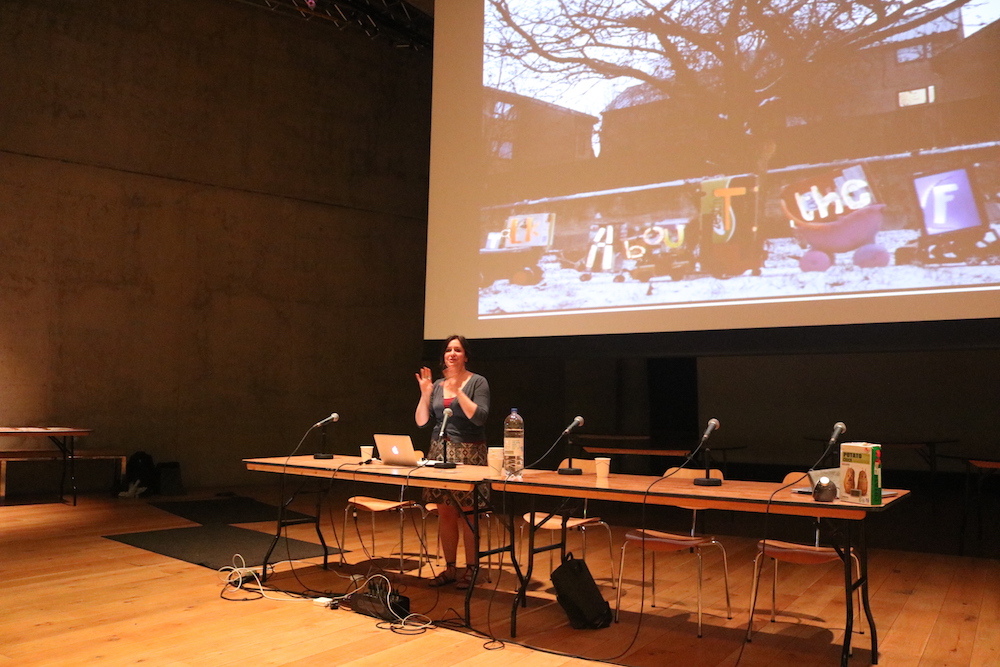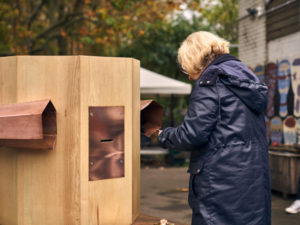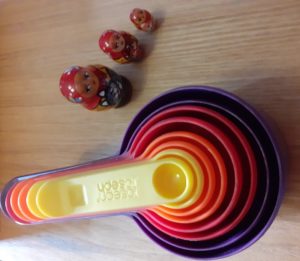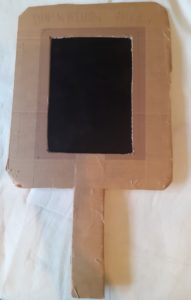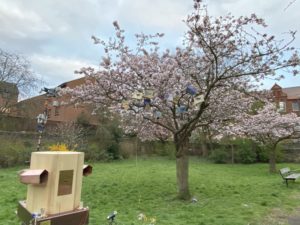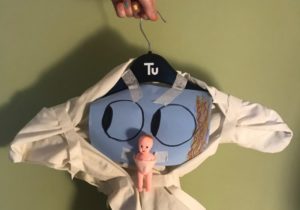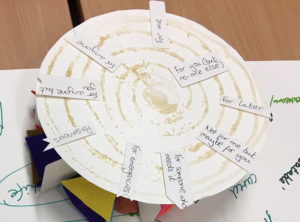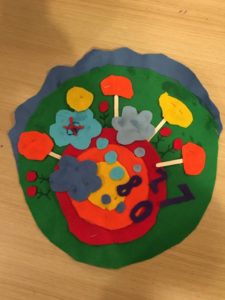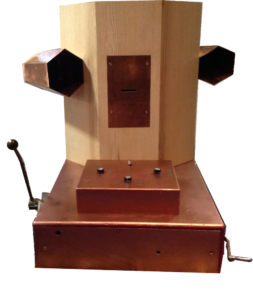Current Research Projects 2022
Research Projects 2021
Research Projects 2019/2020
Active Ingredient and Rachel Jacobs have been involved with academic research since creating the artwork Chemical Garden in 1999. Active Ingredient developed an ongoing collaboration with the Mixed Reality Lab at the University of Nottingham in 2005 as part of the development of their mobile phone art game ‘Ere Be Dragons.
In 2009 Rachel Jacobs joined the Horizon Doctoral Training Centre at the University of Nottingham to do a PhD in Ubiquitous Compunting for the Digital Economy, Her thesis – The Artists’ Footprint: Investigating the distinct contributions of artists engaging the public with climate data – was completed in 2013.
Dr Rachel Jacobs is now an Associate Researcher at the Mixed Reality Lab/Horizon Digital Economy Institute, University of Nottingham and Visiting Research Fellow at Manifest Data Lab, Central St Martins, University of Arts London.
Her research combines artistic and scientific processes, exploring artists working with climate data, developing data experiences through socially engaged and environmentally engaged arts practices, within and alongside Human Computer Interaction (HCI). She regulary collaborates with climate scientists and has published her research in arts and humanities, HCI, climate science and social science journals and conferences.
Rachel’s current research explores how environmental and socially engaged artworks can impact on our connections and relations to nature, community and wellbeing. Working with interdisciplinary researchers at the University of Nottingham, the British Antarctic Survey and Prof Esther Eidinow from the University of Bristol she is studying the impact of her latest artwork – Future Machine – exploring the importance of ritual, ineffability and place in our ability to respond to risk, uncertainty and environmental change. This research is proposed to take place over at least 10 years, to explore how engagements with longitudinal artworks such as Future Machine can help support resilience in these uncertain times.
Publications:
2019 Republic of Learning Workshop Series, Bookleeter
https://www.manifest-data.org/post/republic-of-learning-booklets
2019 Jacobs R., Marland, P. and Benford S,. In Walking, Landscape and Environment. Routledge. pp. 168-186
http://eprints.whiterose.ac.uk/148885/
Jacobs, R., Abbott, F., Urquhart, L. and Price, D., 2019. Performing the future: an artist-led project engaging with risk, uncertainty and environmental change. Journal of Risk Research, pp.1-15.
https://www.tandfonline.com/doi/abs/10.1080/13669877.2019.1569104
Jacobs, R., Schnädelbach, H., Jäger, N., Leal, S., Shackford, R., Benford, S. and Patel, R., 2019, May. The Performative Mirror Space. In Proceedings of the 2019 CHI Conference on Human Factors in Computing Systems (pp. 1-14).
https://dl.acm.org/doi/abs/10.1145/3290605.3300630
Jacobs, R. and Leal, S., 2018. Digital Participation Through Artistic Interventions. In Digital Participation through Social Living Labs (pp. 37-54). Chandos Publishing.
https://www.sciencedirect.com/science/article/pii/B9780081020593000034
Vallejos EP, Baker C, McGarry J, Joyes E, Carletti L, Bartel H, Jacobs R, Gale-Feeny A, Higginbottom R. What is home? An art-based workshop to explore the physical, relational and wellbeing properties of Home. Journal of Applied Arts & Health. 2017 Dec 1;8(3):341-55.
https://www.ingentaconnect.com/content/intellect/jaah/2017/00000008/00000003/art00006
2017 Jacobs R, Howarth C, Coulton P. Perspectives on Scale: Art/Science
Collaborations Across the Local and Global, Forests and City, Communication and Collaboration on Climate Change Special Issue, The International Journal on Climate Change: Impacts and Responses
2016 Jacobs R, Benford S, Luger E, Howarth C. The Prediction Machine: Performing Scientific and Artistic Process. InProceedings of the 2016 ACM Conference on Designing Interactive Systems 2016 Jun 4 (pp. 497-508).
https://dl.acm.org/doi/abs/10.1145/2901790.2901825
2015 Benford S, Greenhalgh C, Anderson B, Jacobs R, Golembewski M, Jirotka
M, Stahl BC, Timmermans J, Giannachi G, Adams M, Farr JR. The ethical implications of HCI’s turn to the cultural. ACM Transactions on Computer-Human Interaction (TOCHI). 2015 Sep 8;22(5):24.
https://dl.acm.org/doi/abs/10.1145/2775107
2014 Coulton, P., Jacobs, R., Burnett, D., Gradinar, A., Watkins, M. and Howarth,
C., 2014, November. Designing data driven persuasive games to address wicked problems such as climate change. In Proceedings of the 18th International Academic MindTrek Conference: Media Business, Management, Content & Services (pp. 185-191). ACM.
https://dl.acm.org/doi/abs/10.1145/2676467.2676487
2013 Jacobs R, Benford S, Selby M, Golembewski M, Price D, Giannachi G. A
conversation between trees: what data feels like in the forest. InProceedings of the SIGCHI Conference on Human Factors in Computing Systems 2013 Apr 27 (pp. 129-138). ACM. (Honourable Mention Award)
https://dl.acm.org/doi/abs/10.1145/2470654.2470673
2016 Jacobs R. The Artists’ Footprint. Leonardo. Oct;49(5):461-.
https://www.mitpressjournals.org/doi/abs/10.1162/LEON_a_01302?journalCode=leon
2014 Jacobs R. The Artists’ Footprint, PHD Thesis, University of Nottingham
http://eprints.nottingham.ac.uk/14450/3/artists_footprint_ethesis.pdf
2012 Blum J. Flintham M. McAuley D. Jacobs R. Watkins M. Lee R. Shackford R.
Selby M. Leal S. Giannachi G. Timestreams: Supporting Community Engagement in the Climate Change Debate, Digital Futures Conference (Best Paper Award)
2011 Jacobs R. Giannachi G. Benford S. Performing Natures’ Footprint, VISUAL
AND PERFORMING ARTS, Edited by Stephen Andrew Arbury, Aikaterini Georgoulia, Athens Institute for Education and Research
https://ore.exeter.ac.uk/repository/bitstream/handle/10871/17579/Atiner.pdf?sequence=2

